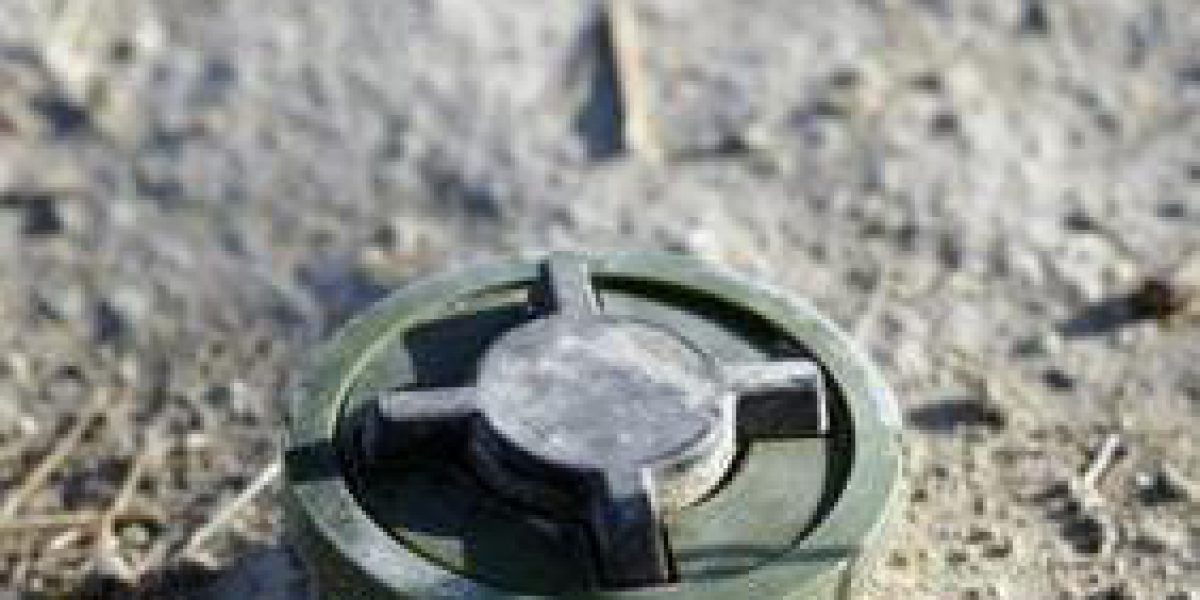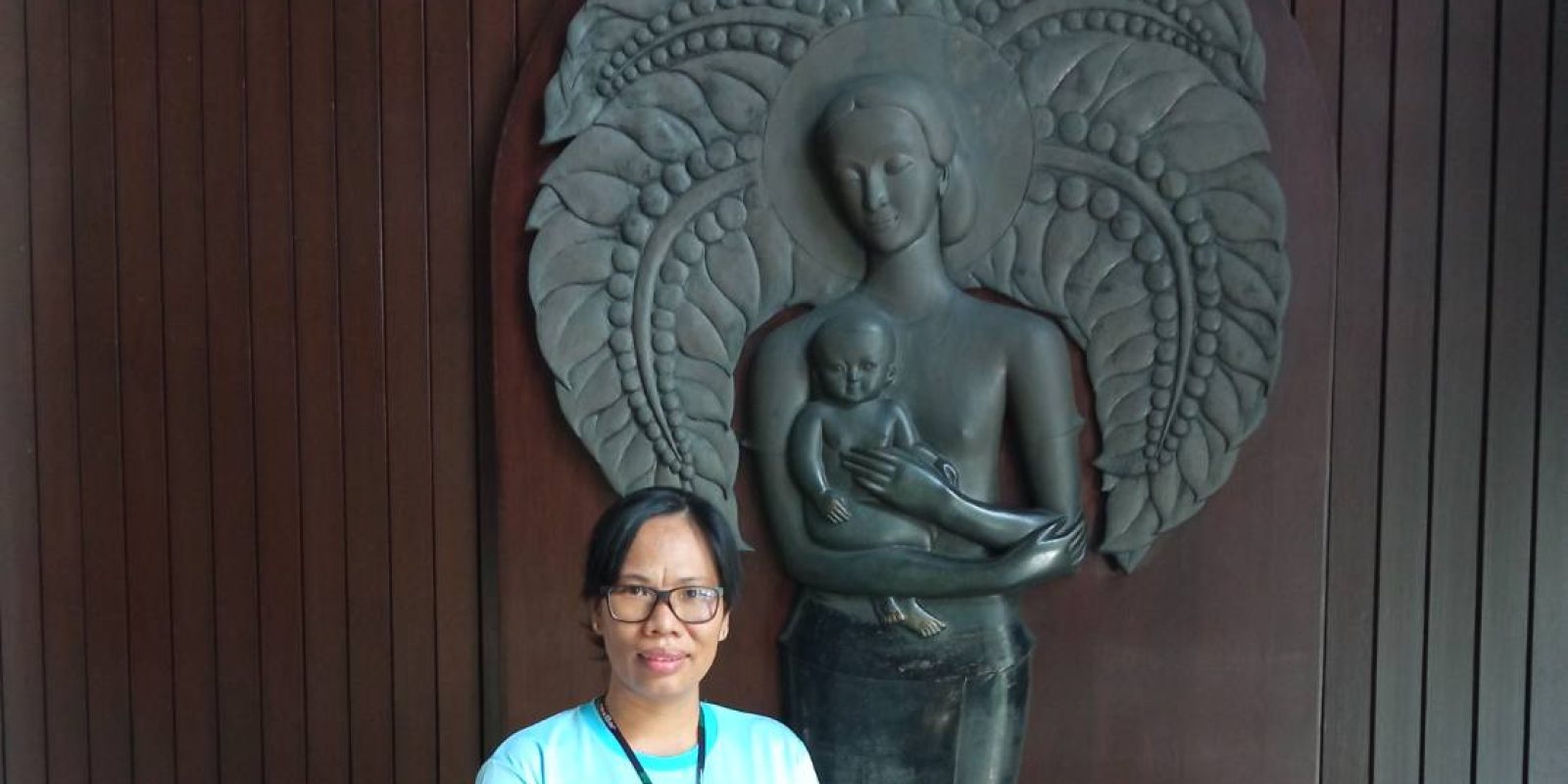Asia Pacific: International Mine Action Day brings awareness to plight of survivors
04 April 2011

Phnom Penh, 4 April 2011 – While there has been progress to ban the use of landmines around the world, there is still much to be done. On this International Mine Action Day, JRS Asia Pacific calls on all nations to cease using these weapons and to assist survivors.
On 4 April the International Campaign to Ban Landmines (ICBL), of which JRS Asia Pacific was an early member, urges nations to protect their people by signing the Mine Ban Treaty. This entails destructing their stockpiles of landmines and cluster munitions, demining areas where landmines are still buried and assisting survivors of landmine accidents.
“We want to hear good news in Phnom Penh from all countries,” said Song Kosal ICBL youth ambassador. “Push for progress in mine clearance, in victim assistance, in funding and international cooperation, in stockpile destruction, and national laws worldwide.”
JRS has been campaigning against landmines since 1990 and cluster munitions since 2008. JRS was one of the founding organisations of the Thailand Campaign to Ban Landmines. In 1997 this campaign won the Nobel Peace Prize and Tun Channareth accepted the award.
“Cambodia should join the Convention on Cluster Munitions this year and be the first country in the region to be party to both treaties,” said Kosal, who is a Cambodian landmine survivor. Cambodia is highly contaminated with cluster munitions, as are Laos and Vietnam.
The Mine Ban Treaty was ratified in 1999, but its existence isn’t enough, said Sermsiri Ingavanija, JRS Asia Pacific coordinator for the Ban Landmines and Cluster Munitions Campaign.
“Many people around the world are still being killed by these mines and bombs. Large areas of land cannot be used or farmed. And governments around the world still use and manufacture these weapons,”Ingavanija said. “In 2009, there were over 2,000 deaths from landmines, more than the rest of the world combined.”
JRS Cambodia is happy to report that the Cambodian government has made strides in demining the countryside in recent years and is expected to finish clearance of all mine-affected areas by 2020. Tun Channareth, landmine survivor and ICBL advocate, predicts that with enough funding and political pressure, most survivors could have access to social services and employment.
“There will always need to be a safety net for the most vulnerable survivors, many of whom are unable to move,” Channareth said.
JRS has played a leading role in the campaign and contributed research on Cambodia and Indonesia for the ‘Landmine Monitor.’ In addition JRS continues to support landmine survivors in Bosnia, Cambodia, Thailand, and Kosovo, and actively raises awareness of the issue in these and other landmine-affected countries.
“I thank all the governments who have taken the initiative not only to sign the treaty but assist survivors. Please continue to support our work,” Ingavanija said. “On this day it is important to remember that there is still much to be done.”


